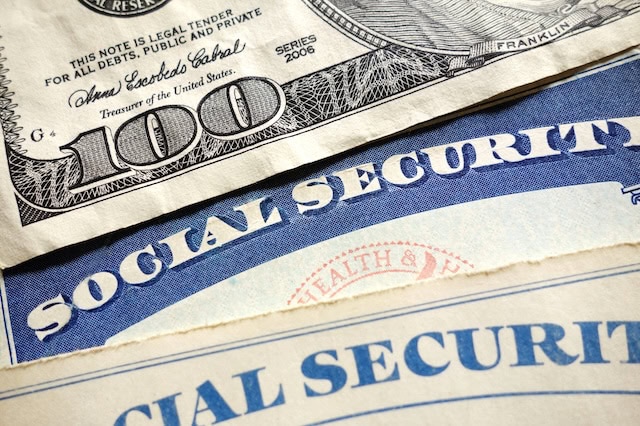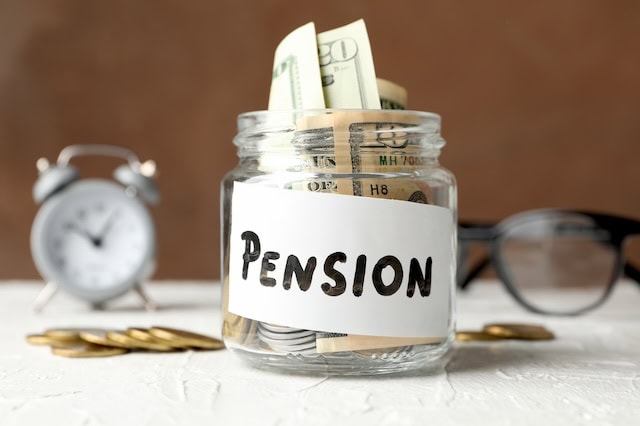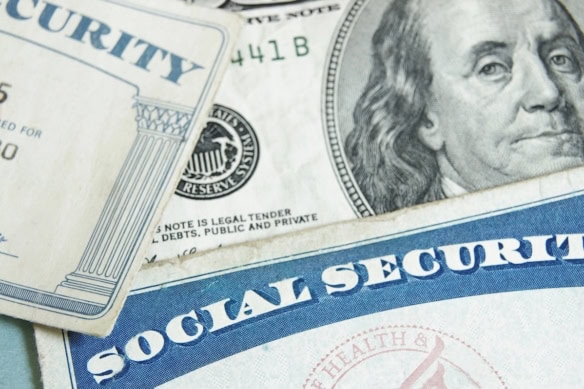Social Security, a cornerstone of American retirement security, is about to become available to millions more Americans.
The Senate has just passed the Social Security Fairness Act (SSFA) is a bipartisan bill that aims to rectify a long-standing loss of Social Security benefits for an estimated 3 million public servants, including firefighters, police officers, and teachers, among others. The bill now advances to President Joe Biden, who is expected to sign it into law.
The Senate voted 76-20 early Saturday morning to pass the SSFA, which will ensure that two Social Security provisions will no longer reduce public servants’ benefits.
Read on to learn more about the Social Security Fairness Act, what it aims to accomplish, and the positioning on either side of the aisle.
Featured Financial Products
What Are the Rules Limiting Social Security Benefits to Public Servants?

The Windfall Elimination Provision (WEP) and the Government Pension Offset (GPO) are two complex rules that can significantly reduce Social Security benefits for individuals who have worked in both Social Security-covered and non-covered employment, such as government or state jobs.
These rules were designed to prevent double-dipping in both Social Security and various government pension systems, but they often result in unexpected and substantial reductions in benefits for public servants.
For instance, a non-covered college professor who taught for a state university and who also worked part-time at a covered for-profit online university might see their Social Security benefits reduced because of the WEP. Similarly, a spouse of a public employee with a government pension could face a reduction in survivor or spousal benefits under the GPO. These penalties can have a devastating impact on the retirement security of many Americans who have spent their lives serving their communities.
The WEP can’t fully reduce a person’s own retirement or disability Social Security benefits to zero dollars. But the GPO can result in a completely zeroed-out benefit payment for spousal or survivors benefits.
Related: How to Maximize Social Security Spousal Benefits
The Social Security Fairness Act

The Social Security Fairness Act seeks to repeal both the WEP and the GPO, ensuring that public servants receive the full Social Security benefits they have earned for themselves or through their spouses’ qualifying work records.
Originally proposed by Representative Garrett Graves (R-LA) in January, 2023, this bipartisan legislation has gained significant momentum in recent months. The House version of the bill (H.R. 82 – Social Security Fairness Act of 2023) passed in November of this year with overwhelming support.
This week, the Senate version of the bill, S.597 – Social Security Fairness Act, passed in Congress’s upper house with a bipartisan 76-20 vote.
Related: RMDs Too High? 6 Ways to Reduce Them at Age 73
Fiscal Implications of the Social Security Fairness Act

Even though the SSFA passed through Congress with broad-based support, the bill isn’t without its detractors.
A handful of Republican senators have voiced concern over the fiscal implications, citing a report from the Congressional Budget Office, a non-partisan budget estimation office within the federal government.
In a letter, the CBO stated that the bill, as proposed, would cost more than $190 billion over a decade. The organization said the Social Security trust fund could “be exhausted roughly half a year earlier than it would be under current law.”
Prior to passage of the bill, several Republican senators expressed skepticism about the price tag of the legislation on the heels of the recent 2024 Annual OASDI Report of the Social Security Trustees, which shows that if no changes are implemented, the Social Security Trust will remain solvent for less than a decade.
However, proponents of the Social Security Fairness Act argue that the long-term impact on the program’s finances would be minimal, and that the benefits of providing fair treatment to public servants outweigh any potential drawbacks. They contend that the WEP and GPO have been particularly harmful to lower-income workers and women, who are more likely to work in public service jobs.
Related: How Much Social Security Will I Receive?






![Should You Max Out Your 401(k) Each Year? [Yes...and No] 10 should you max out your 401k each year or invest elsewhere](https://youngandtheinvested.com/wp-content/uploads/should-you-max-out-your-401k-each-year-or-invest-elsewhere-600x403.jpg)
